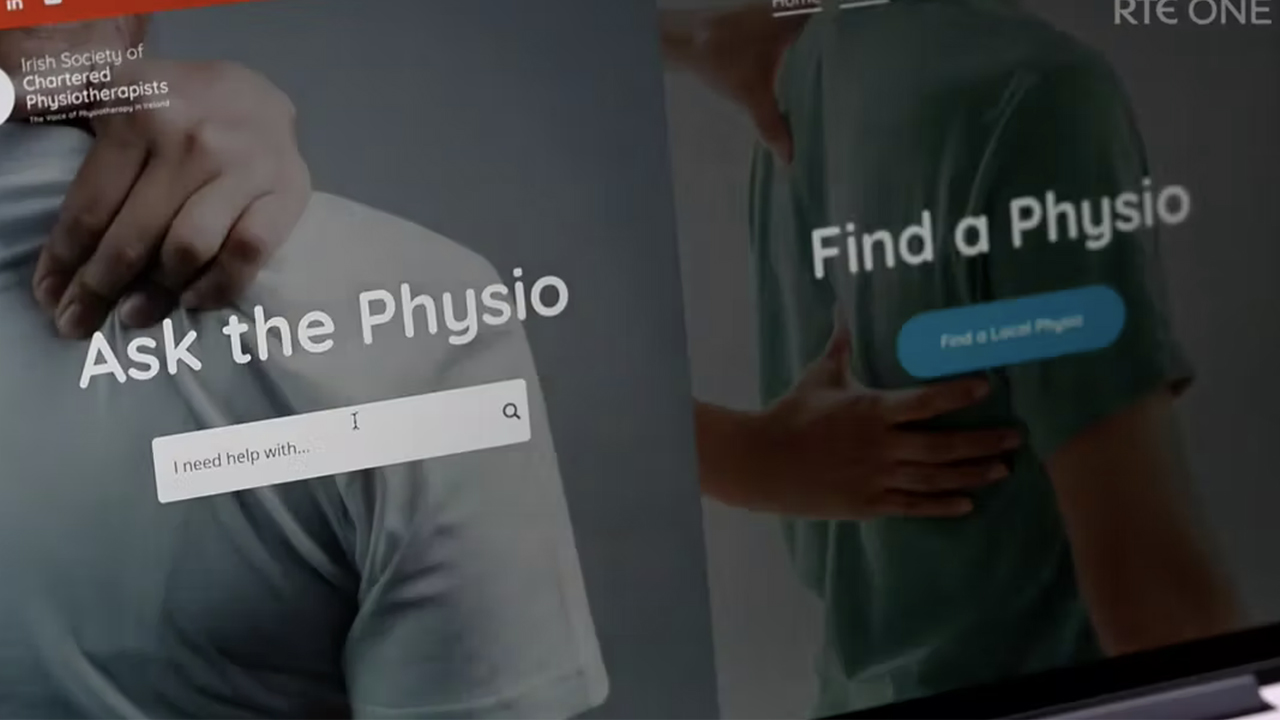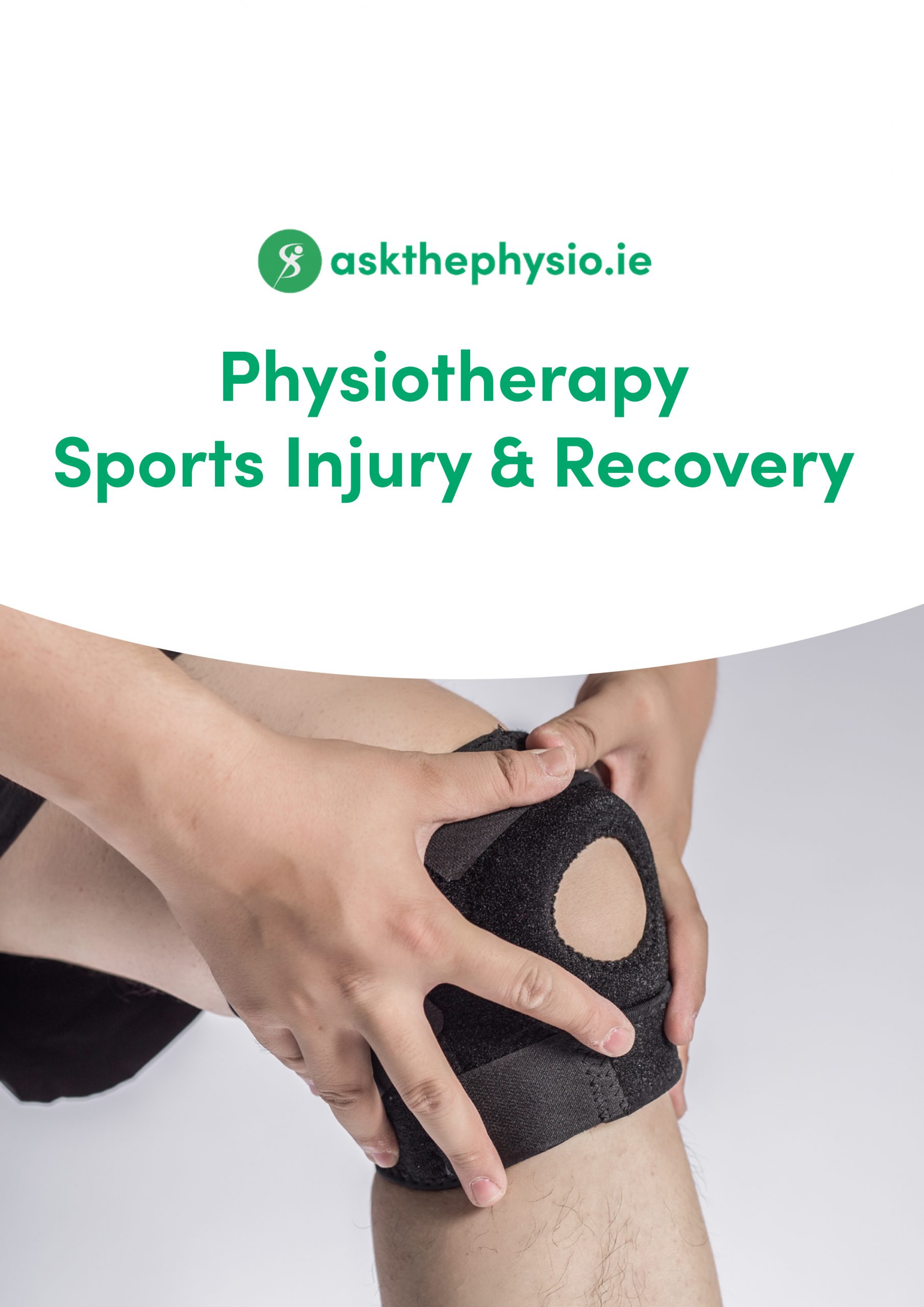
Balance
The human body need a strong balance to move efficiently. Without balance, everyday tasks such as lifting, walking upstairs, standing and sitting can be extremely challenging to do. Balance is the ability to maintain a posture while static or moving as well as react when our base of support is disturbed. Studies have shown that balance training can reduce the risk of falls in older adults.
Movement
Movement is the process of moving from one place or position to another. All of our everyday activities are made up of movement patterns. Having good awareness and control of your body movements, will ensure you can repeat these things without any issues.


Back Care Guide
There isn’t one particular cause for experiencing back pain, up to 80% of people will experience back pain during their lifetime. In the majority of cases, the above features resolve within a few weeks. Some factors that are considered with back pain are:
- strain due to completing activities that exceed that person’s ability/conditioning
- maintaining poor postures with regular activities such as using the computer, work desk, watching TV, driving etc.
Structural issues are very rarely a problem owing to the nature of the back anatomy.
Tendon Pain Guide
Learn more about Tendinopathy or Tenosynovitis (Tendon Pain). A tendon is the part of the muscle that inserts onto the bone or another part of the body.
- Pain with activity
- Localised tenderness over the tendon
- Reduced strength in the affected area
- Reduced movement in the affected area
- Mild swelling or thickening of the tendon

Operation Transformation
We were excited to be featured as part of last year’s Operation Transformation series.
Importance of Injury Prevention
Hear from Chartered Physiotherapist Ronan Carolan from Co.Cavan about the importance of Injury Prevention featured in Episode 1 of the series.
Quitting Smoking
Chartered Physiotherapist Angela Radley O’Donovan is a Smoking Cessation Advisor at Tipperary University Hospital. In episode 2, Angela meets with Operation Transformation Leader Stefano Sweetman to help him quit smoking.
Stress Incontinence
Shalini Wiseman is a Chartered Physiotherapist in women’s health and the Clinical Lead Physiotherapist at Cork Womens Clinic. In episode 5, Shalini meets with Kathleen to help with her stress incontinence
Other Resources
How we can help you
Find a Chartered Physiotherapist
Use our Find a Physio tool to find a Chartered Physiotherapist working in your area
FAQs
What is a Chartered Physiotherapist?
A Chartered Physiotherapist is a university graduate with hospital-based training who has comprehensive knowledge of how the body works, along with specialist training in the diagnosis and treatment of muscle and joint pain. As chartered physiotherapists undergo a medical based degree, they are competent in detecting serious illness in the early stages and in identifying when further investigations are necessary. When you choose a physiotherapist who is a member of the Irish Society of Chartered physiotherapists (ISCP), you’ll enjoy the peace of mind of knowing that they are a part of Ireland’s only professional body within its field.
It is your guarantee that they have been trained to the highest academic and professional standards – and also that they continue to keep abreast of emerging trends and developments through a programme of Continuous Professional Development.
The Society is the only association in Ireland recognised by the World Confederation of Physical Therapy. It provides a strong, unified voice for the profession, and regularly speaks out on issues involving the role and responsibilities of physiotherapists – either within private practice or as part of the national health system.
Choosing a Chartered Physiotherapist assures you that your chosen practitioner is fully committed to upholding the highest standards of medical and ethical standards.
How can I access a physiotherapist?
If you’re in need of physiotherapy treatment while you are in hospital, the physiotherapist will typically be made aware that you need physiotherapy and come and see you on the ward or treat you in a dedicated Physiotherapy Department. If you are not in hospital you may be referred to a Chartered Physiotherapist by your G.P. or hospital consultant, but you can also make an appointment for yourself if you believe you are suffering from a condition that requires the intervention of a Physiotherapist.
When choosing a physiotherapist it is important to make sure that they are Chartered (they will have MISCP after their name). Chartered Physiotherapists are autonomous practitioners, which means that you can directly access their services and refer yourself for treatment, however to access treatment within the public system you will usually require a doctor’s referral. You can use our Find a Physio directory on our website to find a chartered physiotherapist working in private practice in your locality.
Occupational Health Schemes
Some employers run occupational health schemes for their employees that may include physiotherapy. Check with your human resources or personnel department to see if you are eligible. Larger organisations often have an in-house physio while smaller businesses may use the services of a local physiotherapy service. There is good evidence that occupational physiotherapy is cost-effective for large and small businesses. If you are an employer or manager, find out more about how physiotherapy can help:
- Reduce sickness absence
- Offer additional business benefits
What are the different types of physiotherapy?
Physiotherapy is more than just musculoskeletal support. Physiotherapists extend their care to chronic health impacts, like heart disease and diabetes, and lesser-known pelvic floor issues. They’re experts in helping to reduce the alarmingly common health and safety issues associated with working in labour intensive industries, preventing injury as well as getting people back to work quickly and safely. Here are some of the different areas of physiotherapy:
- acupuncture and dry needling
- aquatic
- cancer, palliative care and lymphoedema
- cardiorespiratory
- disability
- emergency department
- gerontology
- mental health
- musculoskeletal
- neurological
- occupational health
- orthopaedic
- paediatric
- pain
- physiotherapy for animals, often working with vets
- sports
- women’s, men’s and pelvic health
What sort of treatment do physiotherapists use?
Physiotherapists are trained to assess your condition, diagnose the problem, and help you understand what’s wrong. Your treatment plan will take into account your lifestyle, activities and general health. The following are common treatment methods use by physiotherapists:
- exercise programs to improve mobility and strengthen muscles
- joint manipulation and mobilisation to reduce pain and stiffness
- muscle re-education to improve control
- airway clearance techniques and breathing exercises
- soft tissue mobilisation (massage)
- acupuncture and dry needling
- hydrotherapy
- assistance with use of aids, splints, crutches, walking sticks and wheelchairs to help you move around.
What to expect at your first physiotherapy appointment?
If you are visiting a chartered physiotherapist for the first time, you may expect:
- To provide information regarding your past and present medical history
- To have an assessment of your posture and how you move
- To get to the root cause of your pain/injury
- To receive hands-on or manual therapy
- To wear comfortable clothing for ease of examination and movement
- To be given an individually designed Home Exercise Programme
- To be given advice re sport, lifestyle, posture, ergonomics etc.
- To have a range of techniques used to optimise your individual treatment plan
- To be treated respectfully and safely
How to find a chartered physiotherapist?
You can use our Find a Physio directory of Chartered Physiotherapists to find a physiotherapist working in private practice in your locality. You can also use it to check if your physiotherapist is Chartered. All the Physiotherapists in this directory are current members of the Irish Society of Chartered Physiotherapists (ISCP). This is the only association in Ireland recognised by the World Confederation of Physical Therapy. If you need to access a Chartered Physiotherapist in Northern Ireland visit Physio First
Do I need a referral?
Chartered Physiotherapists are autonomous practitioners, which means that you can directly access their services and refer yourself for treatment. However to access treatment within the public system you will usually require a doctor’s referral.
Will my insurance cover private physiotherapy treatment?
All major Health Insurance providers (VHI, Aviva, Irish Life, Laya etc) provide cover for treatment provided by a private Chartered Physiotherapist. The level of cover will vary in accordance with your individual health insurance plan. Check your policy information to find out what is included in your cover.
You may also be eligible to claim tax relief for your physiotherapy treatments using the Med 1 form (Note: Prior G.P. referral may be required)








